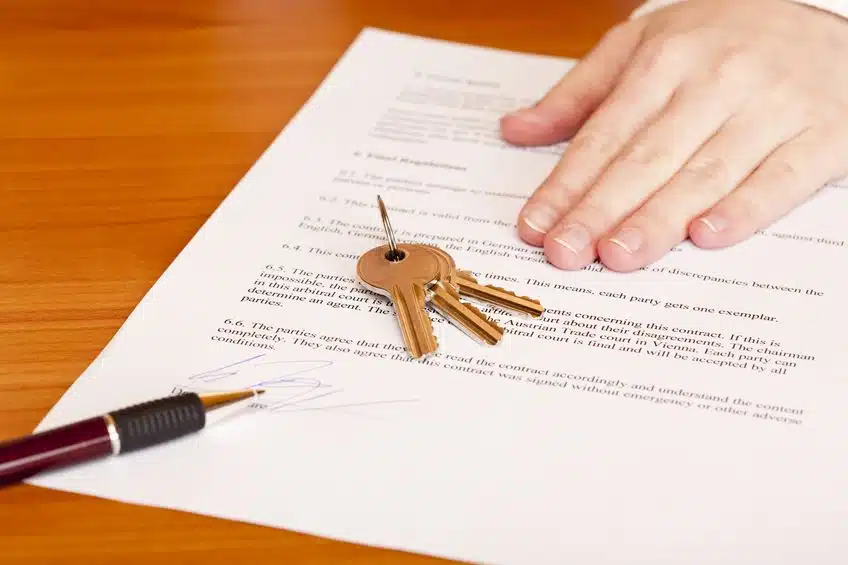
A strong lease agreement protects landlords and tenants, sets clear expectations, and provides a legal framework to handle potential disputes. Including the right clauses in your lease agreement can help prevent misunderstandings, protect your property, and ensure a smooth tenancy.
Here are some essential clauses every landlord should consider including in their lease agreements.
Rent and Late Fees
This clause should clearly state the rent amount, due date, and acceptable payment methods. It should also specify any grace period for late payments and the penalties that apply if rent is not paid on time. Outlining the consequences for late payments, such as additional fees or potential legal action, can help ensure tenants understand their financial responsibilities.
Security Deposit Terms
Outline the security deposit amount, how it will be held, and the conditions under which it can be used, such as for unpaid rent or damages beyond normal wear and tear. This clause should also specify the time frame for returning the deposit after the tenant vacates the property and any deductions that may be made.
Maintenance and Repair Responsibilities
Clearly define who is responsible for maintaining the property and handling repairs. This clause should outline the tenant’s obligation to promptly report maintenance issues and specify which repairs the landlord will cover. Defining these responsibilities helps prevent disputes and ensures both parties know their duties regarding property upkeep.
Use of Premises
A use-of-premises clause helps protect your property by restricting how it can be used. This clause should prohibit illegal activities, excessive noise, unauthorized occupants, and unapproved modifications to the property. Setting clear rules for conduct can prevent behavior that may disturb other tenants or violate local laws.
Lease Term and Renewal Conditions
Specify the length of the lease—whether it’s a month-to-month agreement or a fixed term. Include details about the renewal process, such as the notice required if either party decides not to renew. This clarity helps landlords plan for vacancies and provides tenants with clear expectations.
Early Termination and Subletting
Include a clause that outlines the terms under which a tenant can terminate the lease early. This may include required notice periods, fees, or penalties. Additionally, address whether subletting is allowed and under what conditions to maintain control over who occupies the property.
Right of Entry
This clause should specify when and why a landlord can enter the rental property, such as for repairs, inspections, or showing the property to prospective tenants. Ensure this clause complies with local laws, which often require advance notice except in emergencies.
By including these key clauses, landlords can protect their investments and minimize the risk of disputes.
As expert real estate lawyers, the Law Offices of Aaron D. Cox assist single-family and multi-family property management companies by providing preventative advice, tailoring policies, handling disputes, debt collection, and representing them in property litigation.
For more information about our services, call the Law Offices of Aaron D. Cox in Detroit, MI, at (734)287-3664 or complete our contact form online.
